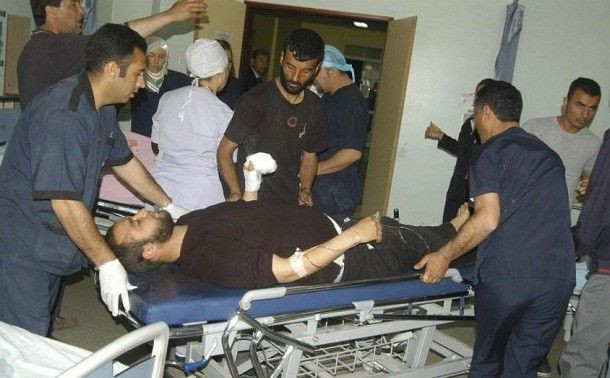Defeated Kofi Annan Tells UN: 'No Sign Of Peace'

United Nations envoy Kofi Annan told the Security Council Tuesday there was no signal of peace from Syria as fighting between government forces and rebels continued, claiming at least 60 lives, according to opposition sources.
Desperate to salvage the ceasefire agreement, Annan said peace was still a possibility and urged both sides to stop the violence.
I am gravely concerned at the course of events, he told the Security Council in a written report.
The days before 10 April should have been an opportunity for the government of Syria to send a powerful political signal of peace, with action on all aspects of the six-point plan.
It is essential that the next 48 hours bring visible signs of immediate and indisputable change in the military posture of the government forces throughout the country.
The Annan-brokered armistice was set to begin on Tuesday morning, with government troops withdrawing from populated areas.
All hostilities were then set to end by 6 a.m. Thursday morning, with the hope a permanent ceasefire would lead to political talks between the warring factions.
Despite reports of fighting in several towns and cities on Tuesday, President Bashar al-Assad's government claimed military forces had begun pulling out of some areas in compliance with the ceasefire agreement.
The failure of the ceasefire, brokered Annan after weeks of desperate shuttle diplomacy, is a bitter blow for the international community, which fears the conflict could escalate into all-out civil war.
We have already withdrawn forces and army units from several Syrian provinces, Foreign Minister Walid Moallem claimed in Moscow after talks with his Russian counterpart, according to the AP.
The failure comes after Syrian forces fired across the border into a Turkish refugee camp Monday, killing at least two and wounding several others.
Turkish Prime Minister Recep Tayyip Erdogan responded by saying his country is considering what steps to take in response, including measures we don't want to think about.
Turkey has previously floated the idea of creating security zones along its borders to protect the 24,000 Syrian refugees who have already fled there, a move which would drag the Turkish military into the conflict.
© Copyright IBTimes 2025. All rights reserved.





















